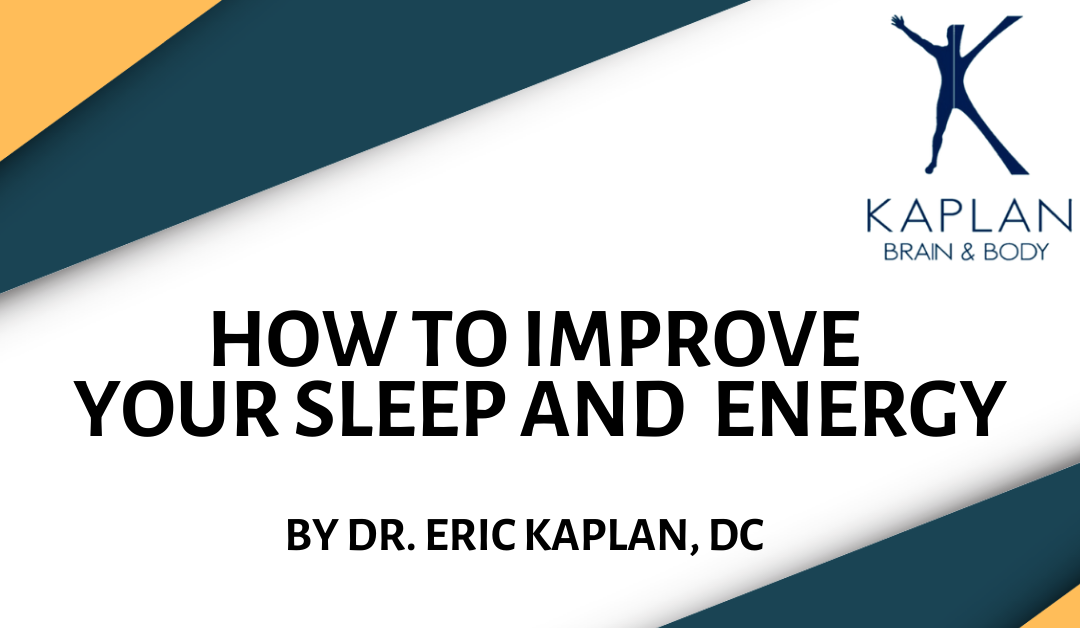Many people start their mornings with a cup of coffee. However, if you suffer from headaches, difficulty sleeping, fatigue, anxiety, or trouble with focus, drinking coffee may work against you. Coffee is a stimulant and if you suffer from these symptoms, the caffeine will make it worse.
Many of my patients say that every time they try to quit coffee they get headaches. These are called rebound headaches and can occur when medications or stimulants are overused or suddenly stopped. For example, these rebound headaches may occur after someone abruptly stops taking medicine without weaning themselves off. Headaches are also seen when people quit alcohol, drugs, or sugar. In fact, if you get a rebound headache after quitting something, that means you should not be having it in the first place. If you suddenly quit eating apples, you would not get a headache. If you stopped consuming carrots, you would not get a headache. You will only get a headache if something is bad for you.
In regards to getting a good night’s sleep, it is important to not consume caffeine. Your sleep is controlled by your circadian rhythm which is dictated by cortisol and melatonin. When you consume caffeine it messes up your normal circadian rhythms and therefore can interrupt sleep patterns. This causes people to have difficulty falling asleep and staying asleep. In addition, if you do fall asleep, consumption of coffee will prevent you from getting a deep, restful sleep.
When you do not get a restful sleep you are not getting into the REM deep sleep pattern. When I have patients who do not get a good, deep sleep they report waking up feeling tired or fatigued. They usually do not understand why they are always tired when they are sleeping the proper amount of hours. However, the problem is that they are not getting the deep sleep so there is no time for the body to rejuvenate and re-energize.
When you experience fatigue, you are going to have a hard time focusing as well. The first reason is that the brain does not have enough oxygen to perform properly. The second reason is that the brain is overactive and cannot shut off external thoughts that could distract you from the conversation or the task at hand. The key is to relax the brain so it is not overstimulated.
If the brain is overstimulated by caffeine, it may cause anxiety as well. When people have an overstimulated brain and have anxiety, they may be suffering from an imbalance in the autonomic nervous system. This will put someone in the fight-or-flight mode where they might get anxiety, as well as in increase in heart rate, blood pressure, or even breathing difficulties. If this sounds like you, please do not hesitate to call our office to set up an evaluation so we can help you with exercises that will help you to get out of the fight-or-flight mode without taking sleeping pills or anti-anxiety medications.
The best way to get energy in the morning is through physical exercise, eating a healthy breakfast, drinking lemon water, breathing exercises, meditation, complimenting your family, helping someone, ending your bath or shower with 1 minute of cold water, and listening to a positive podcast or inspiring music.
You do not need coffee, tea, soda, juice, or energy drinks to boost your energy. Those are all stimulants which can lead to anxiety, fatigue, and difficulty with sleeping and focus. Please visit our YouTube channel – Kaplan Brain & Body – for specific videos on these topics and for more information!

